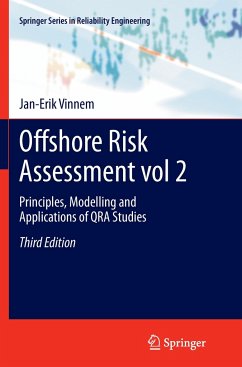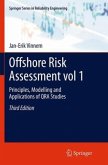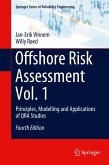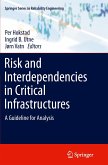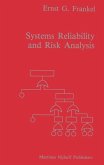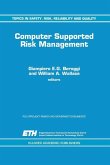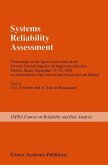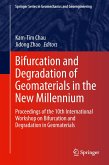Offshore Risk Assessment was the first book to deal with quantified risk assessment (QRA) as applied specifically to offshore installations and operations. Risk assessment techniques have been used for more than three decades in the offshore oil and gas industry, and their use is set to expand increasingly as the industry moves into new areas and faces new challenges in older regions.
This updated and expanded third edition has been informed by a major R&D program on offshore risk assessment in Norway and summarizes research from 2006 to the present day. Rooted with a thorough discussion of risk metrics and risk analysis methodology, subsequent chapters are devoted to analytical approaches to escalation, escape, evacuation and rescue analysis of safety and emergency systems.
Separate chapters analyze the main hazards of offshore structures: fire, explosion, collision, and falling objects as well as structural and marine hazards. Risk mitigation and control are discussed, as well as an illustration of how the results from quantitative risk assessment studies should be presented. The third second edition has a stronger focus on the use of risk assessment techniques in the operation of offshore installations. Also decommissioning of installations is covered.
Not only does Offshore Risk Assessment describe the state of the art of QRA, it also identifies weaknesses and areas that need further development. This new edition also illustrates applications or quantitative risk analysis methodology to offshore petroleum applications.
A comprehensive reference for academics and students of marine/offshore risk assessment andmanagement, the book should also be owned by professionals in the industry, contractors, suppliers, consultants and regulatory authorities.
This updated and expanded third edition has been informed by a major R&D program on offshore risk assessment in Norway and summarizes research from 2006 to the present day. Rooted with a thorough discussion of risk metrics and risk analysis methodology, subsequent chapters are devoted to analytical approaches to escalation, escape, evacuation and rescue analysis of safety and emergency systems.
Separate chapters analyze the main hazards of offshore structures: fire, explosion, collision, and falling objects as well as structural and marine hazards. Risk mitigation and control are discussed, as well as an illustration of how the results from quantitative risk assessment studies should be presented. The third second edition has a stronger focus on the use of risk assessment techniques in the operation of offshore installations. Also decommissioning of installations is covered.
Not only does Offshore Risk Assessment describe the state of the art of QRA, it also identifies weaknesses and areas that need further development. This new edition also illustrates applications or quantitative risk analysis methodology to offshore petroleum applications.
A comprehensive reference for academics and students of marine/offshore risk assessment andmanagement, the book should also be owned by professionals in the industry, contractors, suppliers, consultants and regulatory authorities.

